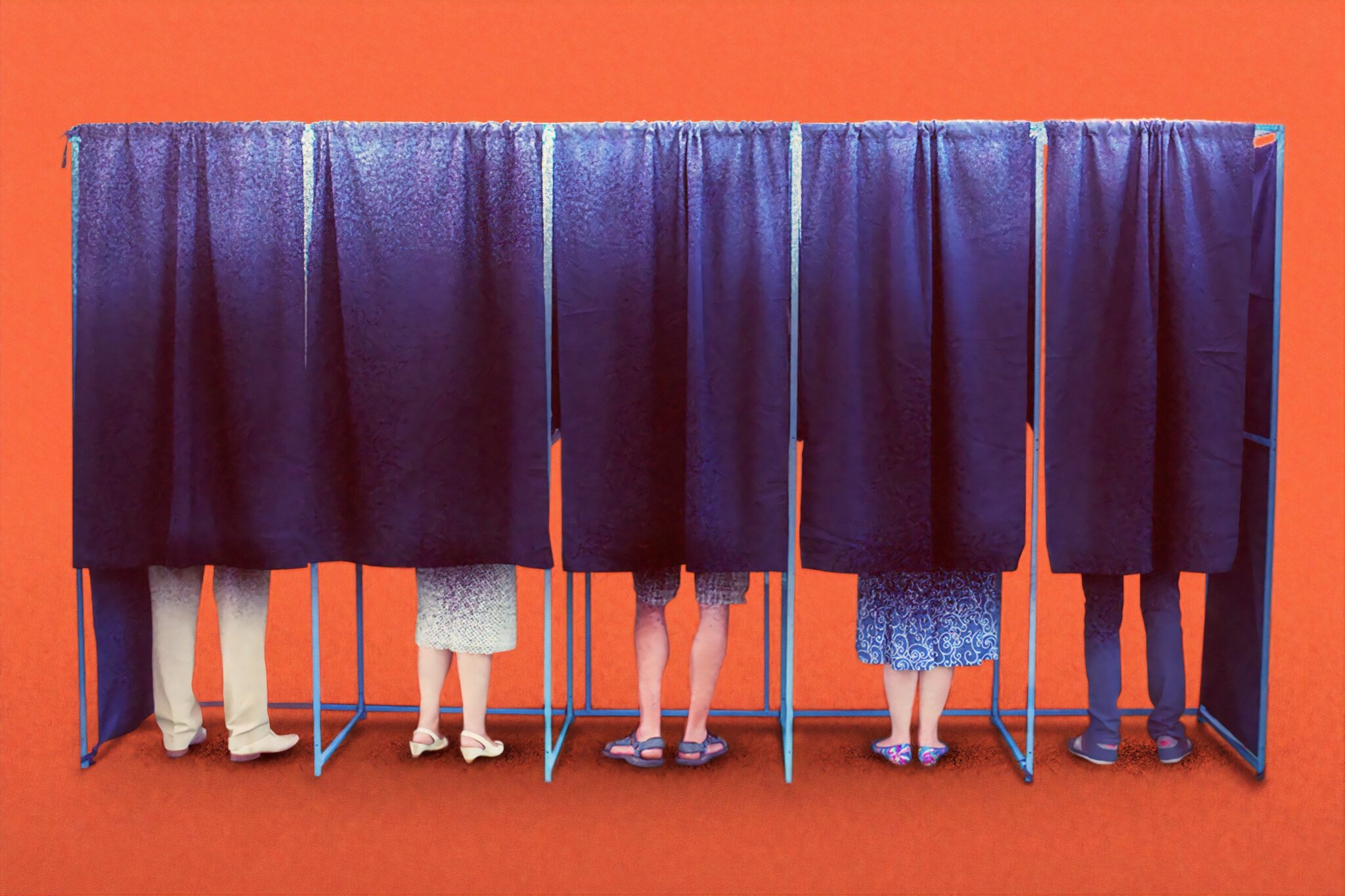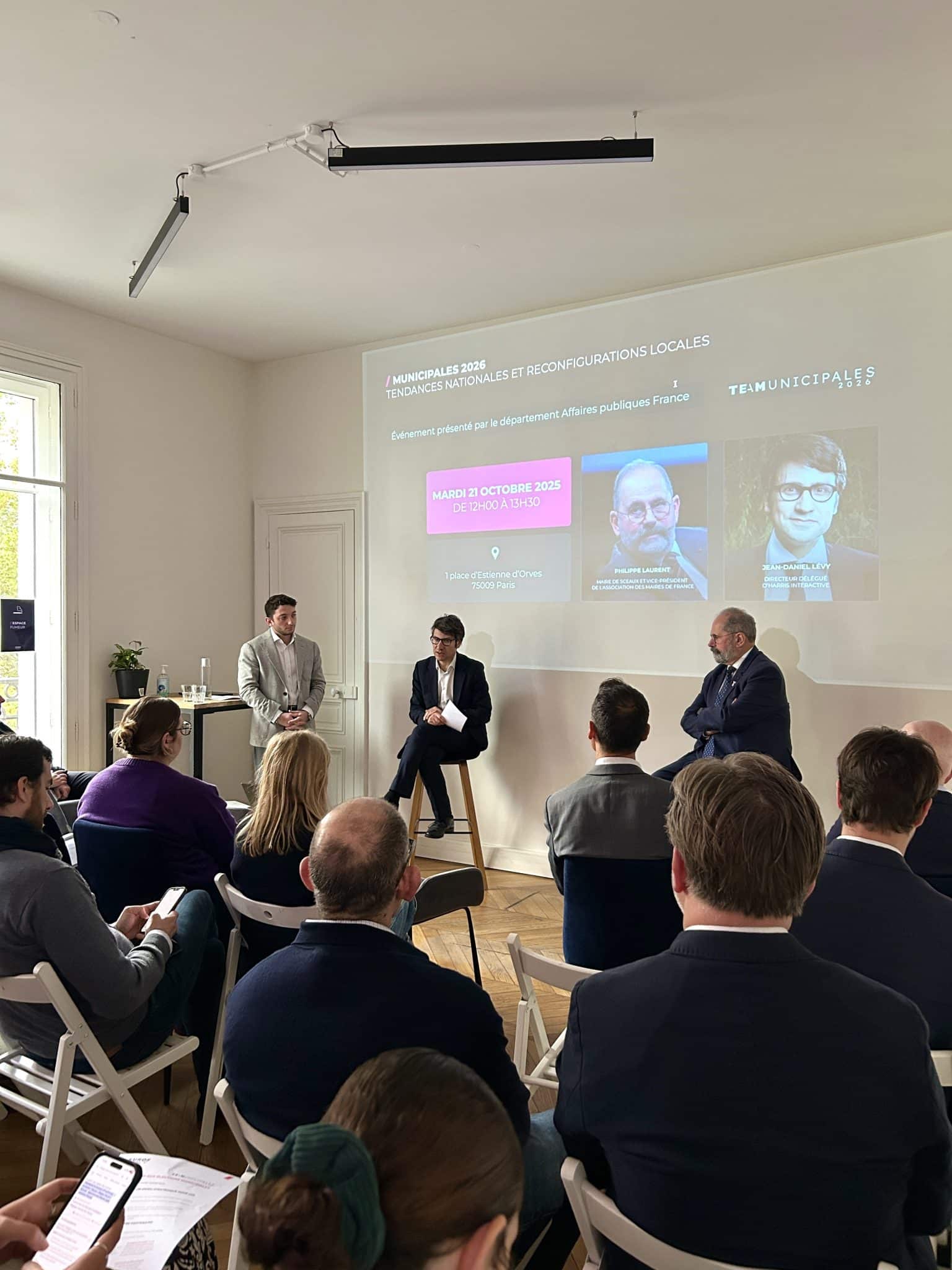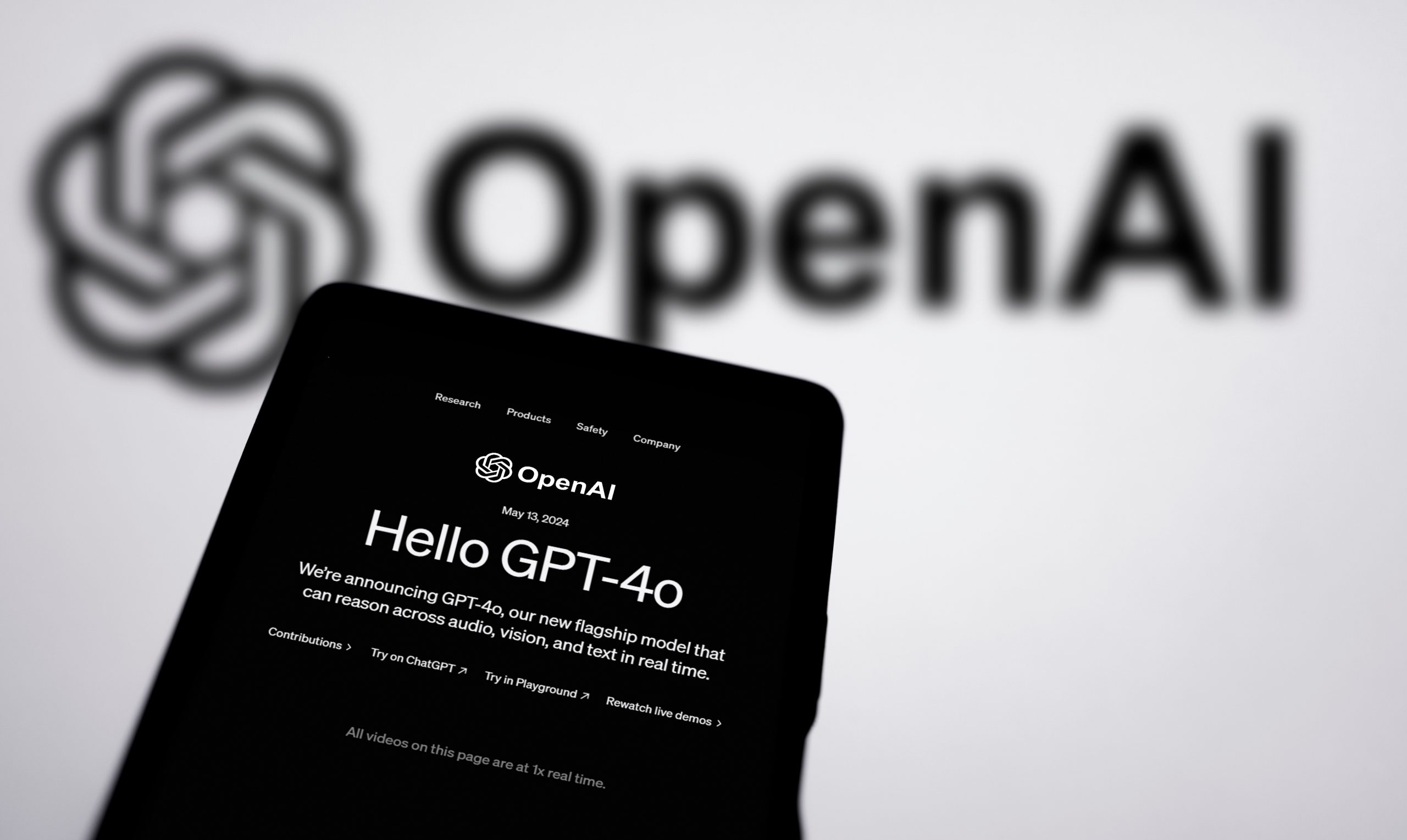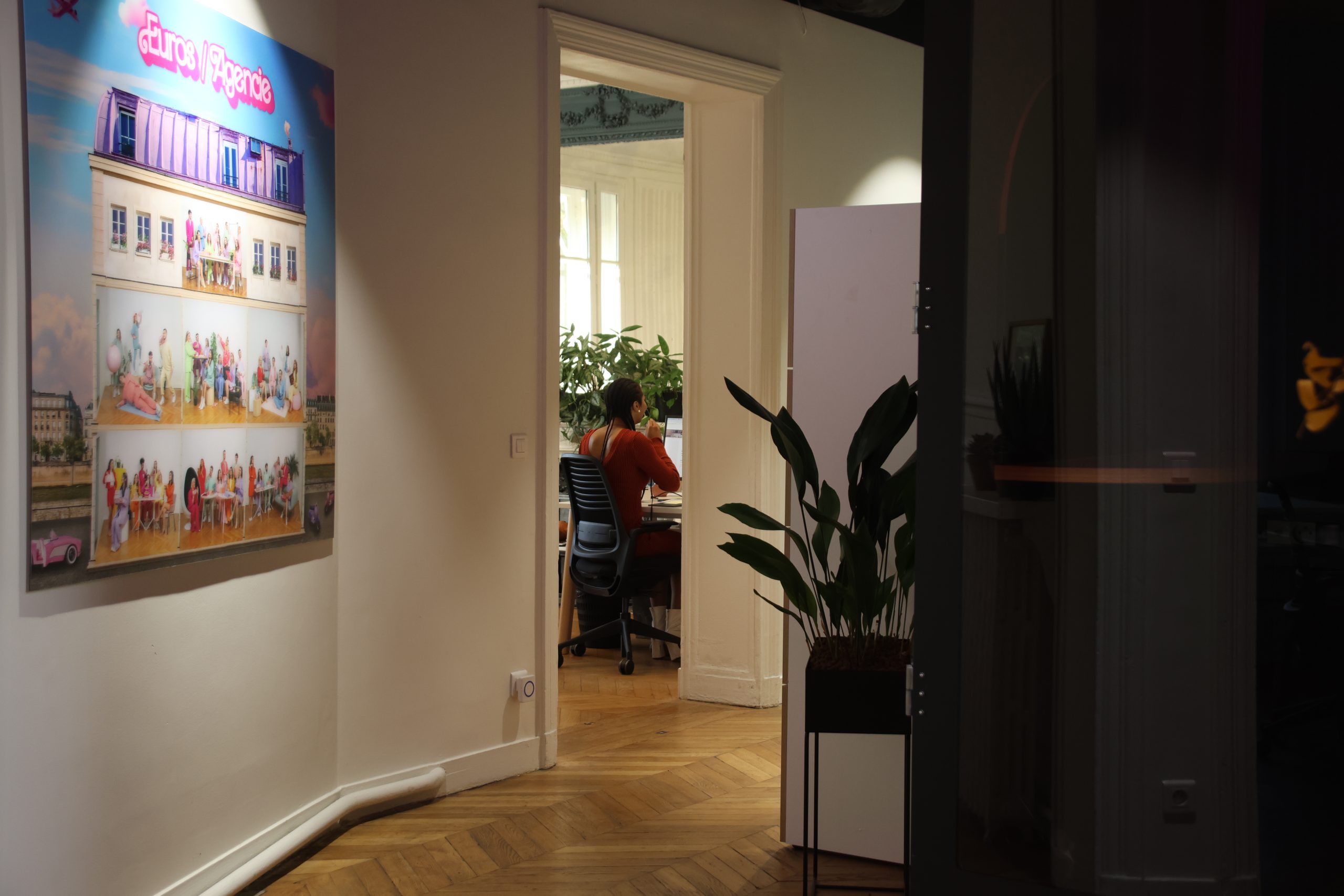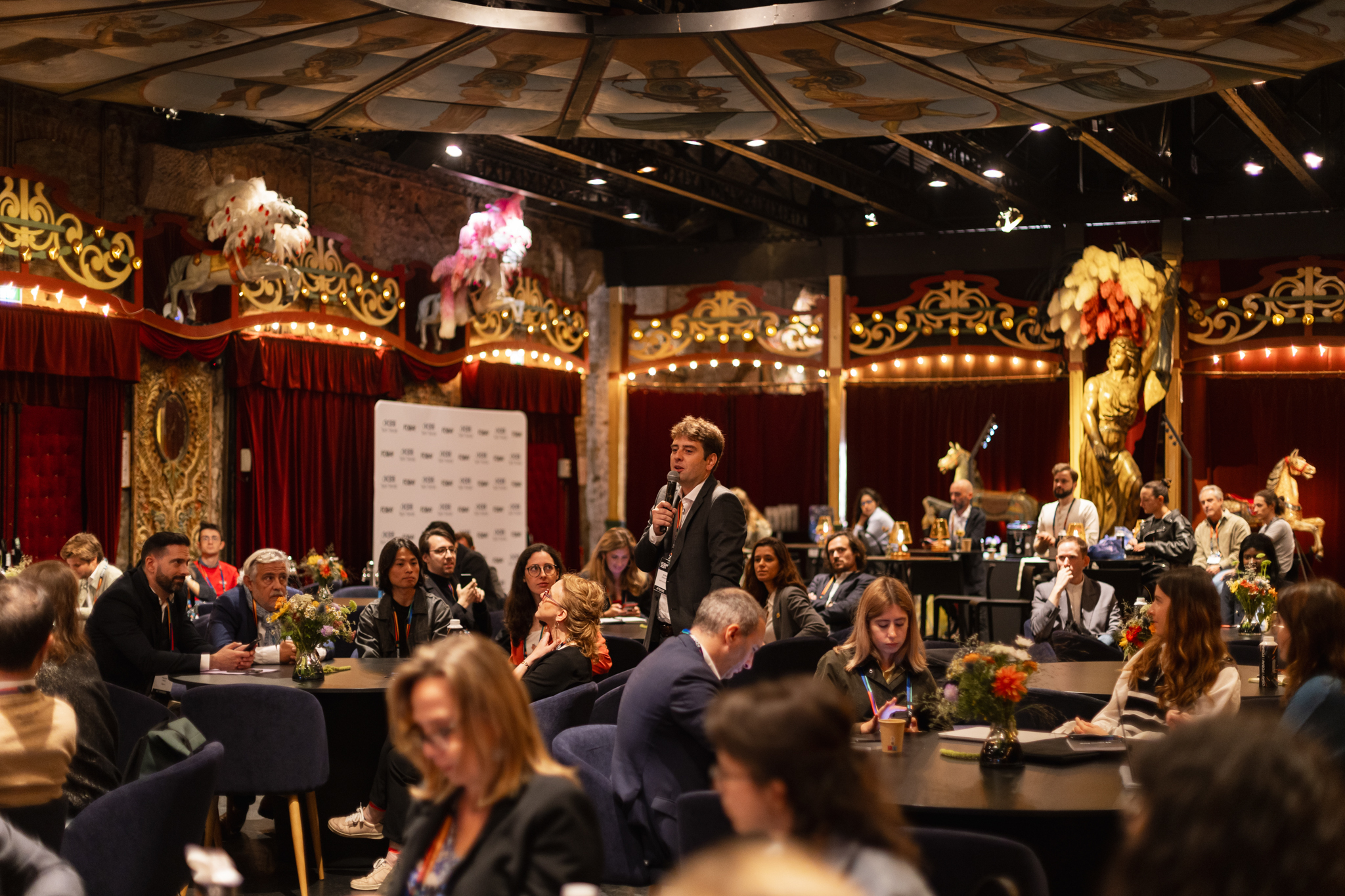
It would be an understatement to say that this municipal election had some surprises in store for us. The outcome has been equal to the twists and turns that punctuated an unprecedented campaign. While the health context surrounding the longest electoral campaign known under the Fifth Republic might have led one to think that its results would go unnoticed, rarely has the electoral map been so legible, although it is always difficult to draw national lessons from a local vote.
Despite the strong abstention of the first round, the uncertainty about the timing of the second and the impossibility of conducting a grassroots campaign, each political party was eagerly awaiting the results of these intermediate elections so as to adjust their strategy for the 2022 presidential election… including those who wanted to quickly turn the page of these municipal elections to better forget their low results in the ballot box.
1st lesson : a record-low participation
Only 4 out of 10 French citizens voted in these municipal elections. A record, but certainly not a surprise; a recent poll revealed that a large part of the French population still did not know the date of the campaign-less poll. However, sanitary conditions were considered better than three months ago and it should not be forgotten that on the eve of the first round non-essential businesses were closed and a confinement was decreed the next day by the Prime Minister. Nothing of the sort this time: the terraces of cafés have reopened, social distancing is more or less respected, especially among the youngest of our fellow citizens, and the time has rightly come for our economy to recover, whatever the cost! We can therefore hypothesize that this abstention is unfortunately a new sign of the French’s lack of interest in their representatives, another example of the “unjoining” between the country and its politicians, the latest symptom of mistrust.
This slope, worrying in many ways, is set to continue well into the future, despite our people being culturally known for having a taste for debate and political controversy. This is still true, of course, but everything has happened as if the political arena had been put on hold during this period of “war” and therefore national unity. Deserted by politicians, and with nature abhorring a vacuum the debate moved to the medical field with the controversy around Professor Raoult and the use of hydroxychloroquine as a treatment.
A detailed analysis of the results at a polling station level will allow us to verify this hypothesis, but it would seem that fear of the virus may explain the abstention of the oldest voters, while the working-class electorate would have expressed its “fed-up-ness” by refusing to take part in the vote.
2nd lesson : an ecologist burst of unparalleled magnitude
The conditions were met to amplify a trend already seen in the results of the first round: the strong burst of ecological lists, led mainly by the EELV and PS parties, alone or as part of a coalition. Observed in the major metropolises, the lower participation of the elderly and the working classes was the main key to explaining the strong gains observed by their lists in Paris, Lyon, Marseille, Bordeaux and Strasbourg, to name only the most important. Again, this is not surprising considering the sociology of the green electorate, younger and more educated than average.
The ecological breakthrough is unquestionable and all the more impressive because it has brought about the fall of historical safe-seats to complete strangers. Here again, the poll is part of the trend of “kick them all out” that Emmanuel Macron had benefited from in 2017. The environmentalist vote is clearly an anti-establishment vote. It was better to not be a local baron on Sunday night in order to have a quiet election night; Martine Aubry, a rare survivor of the scene, knows something about that.
3rd lesson: a strong correlation between party preference and type of urban environment
Rarely has an election been so determined by urban geography. “Tell me where you live, I’ll tell you who you vote for.” The metropolises chose political ecology; the towns trusted the old world, with LR or PS mayors; and peri-urban areas confirmed the relatively strong base of the National Rally, though without giving it the keys to local power in most cases.
Behind this simple analysis, however, there are nuances: the probable future Mayor of Marseille (if the third round confirms her victory in the ballot box), Michèle Rubirola, will govern more to the left the second city in France than her new colleague from Bordeaux, Pierre Hurmic. For if EELV has clearly chosen to be anchored on the left in its second round strategy, two political lines – one embodied by Julien Bayou, close to social movements, and the other by Yannick Jadot, a transpartisan – cohabit within EELV. We will certainly find this cleavage in the management of the metropolises concerned.
4th lesson: the leadership of the left-wing in question
The 230 votes in favour of martine aubry in lille may have kept the debate on left-wing leadership open and uncertain in the coming years. for if it had ended in a victory for the ecologists, the absence of an alliance would probably have sealed the fate of the EELV / PS relations for the worse for the foreseeable future. we would have been in a scenario similar to the one encountered at the end of the 1970s between the declining PCF and the hegemonic PS. the relationship between the two remains balanced today, making at this stage a translation of the results to the national level more difficult than ever.
In the metropolises, two configurations can be distinguished: in the socialist strongholds, the “pink/green coalitions” prevail (Nantes, Rennes, Dijon); most EELV conquests are in cities held by the right (bordeaux) or by former socialists converted to macronism (Lyon). nevertheless, the PS took over Nancy and Montpellier. on a national scale, we are faced with a novel situation: for the first time, ecologists, accustomed to short-lived victories, have obtained two elections in a row with satisfactory electoral results, proof that their presence can be expected to last in the political life of the country.
5th lesson: Republican party and the traditional right resisted well
It was impossible for LR to win these elections, considering their outright victory in the previous ones. however, in spite of the loss of important strongholds in bordeaux, marseille and Perpignan, the party can boast of having consolidated its positions, mainly in medium-sized cities. the strategy defended by its leader, christian jacob, to defend a candidacy “from the territories” in 2022, which could be embodied by françois baroin, president of the association of mayors of france (AMF), remains relevant.
Moreover, we can assume that the failure of the LR – LREM alliance strategy, losing in strasbourg for example, is paradoxically the best news of the election night for the LR leadership, because it leaves a clearly-marked political space to the party of the republican right.
6th lesson: the national rally sees results in line with its ambitions
The incumbents’ advantage benefited the RN mayors right from the first round. The capture of Perpignan in the second round, after three unsuccessful attempts by Louis Alliot, allows the extreme right-wing party to show results in line with its, albeit modest, ambitions. Difficult however for Marine Le Pen to take credit for this victory, because Louis Alliot modeled his campaign on Robert Ménard’s, the re-elected mayor of Béziers, who put forward local credentials and marginalized any national party references.
At a national level, the RN strengthened itself in its strongholds, the Hauts-de-France and Provence-Alpes-Côte d’Azur regions, and especially in peri-urban zones, but saw very few new developments.
7th lesson: LREM punished
It is a worst-case scenario, or almost, that took shape this Sunday evening for LREM, putting an end to a campaign that was a real ordeal for the presidential party. Apart from Le Havre, which cannot be classified as a “catch”, LREM did not win any other city with more than 100,000 inhabitants.
In Paris, the lists led by Agnès Buzyn suffered a crushing defeat. Personally absent from the Council of Paris and achieving scores lower than in the first round, her political future in the capital seems compromised, when the battle for the city hall seemed unlosable after the European elections. Across France, the “cuckoo strategy” with alliances both with the left and the right depending on local circumstances proved confusing for voters and the anti-green front in contradiction with the presidential policy at the time.
8th lesson: the race for the 2022 presidential election has begun
At the end of this second round an obvious paradox can be seen by the keen observer: the two parties with the weakest scores in the second round, LREM and RN, are precisely those that today have the best chances of presenting a candidate likely to qualify for the second round of the upcoming presidential election. Does this mean that it would be hasty to draw lessons and make predictions for the next presidential election? Probably! First of all, because this ballot two years before the presidential election never goes ahead as planned. Otherwise, Valéry Giscard d’Estaing would have been re-elected in 1981, Jacques Delors would have been elected in 1995, as would have Lionel Jospin, Dominique Strauss-Kahn and François Fillon in 2002, 2012 and 2017 respectively.
Many, including Emmanuel Macron’s supporters, understandably do not establish any correlation between municipal and presidential elections; yet the history of politics in the Fifth French Republic reveals that, far from being predictive, they can be rich in lessons. The 1977 municipal elections were a springboard for the election of François Mitterrand as President of the Republic. Those of 1983, a sanction for the left that materialized as a cohabitation three years later. The 1989 election marked the entry of the first elected members of the National Front into municipal councils. The 1995 election saw the left rally behind Lionel Jospin, two years before his return to national responsibilities following the dissolution of the National Assembly. In 2001, the socialist victories in Paris and Lyon concealed a massive shift to the right in medium-sized cities a few months before the elimination of the left from the second round of the presidential election for the first time in the Fifth Republic. In 2008, the strongholds of the left resisted as much as they vacillated in 2014, two elections that were premonitory of the presidential elections of 2012 and 2017.
Therefore, ignoring last night’s results for Emmanuel Macron would undoubtedly be a mistake. The reality of politics imposes itself, if only concerning the probable constitution of a new cabinet. Edouard Philippe is unquestionably in a position of strength after his clear victory in Le Havre, which allows him to remain in Matignon “on his terms”. One can imagine that outside the government, there would be great risk in the President of the Republic making his current Prime Minister a recourse, sanctified by his management of the health crisis and his growing popularity, a rare feat after three years spent in “the hell of Matignon”.
The other fact that imposes itself on him for his future at the Élysée Palace was a clearer political landscape with two clearly reinforced currents of thought: the social and ecological left embodied by Anne Hidalgo and the managerial center-right embodied by Edouard Philippe. The tectonics of political plates calls for caution and humility, especially since the looming economic crisis will generate a social crisis that could put ecology on the back burner.
In this changing environment, the President is not in a comfortable situation. Without a locally-rooted party, he has no political relay. Without voters, he has to go out and win back his electorate from the metropolises seduced by political ecology. The LREM party is at a standstill, but can still move forward, because macronism is a response to national and international issues and the party is faced with an unheard-of situation: it leads but has no electorate. In front of it, we can see an electorate seduced by social ecology that has no leadership. The challenge for Emmanuel Macron this week will now be to occupy this political space !
